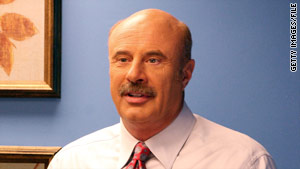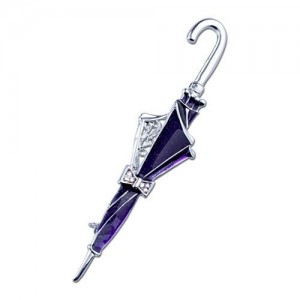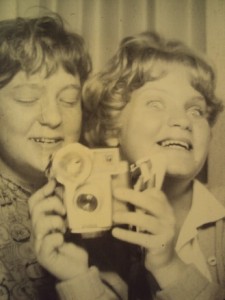I can’t qualify as a fan of Dr. Phil, but both times I’ve heard him, he was fascinating. He’s got the ability to quickly analyze a handful of disjointed circumstances and pinpoint a problem with an accurate bottom line. His remedies land on the side of common sense, and they solve problems.
In dealing with the tensions of modern life, whether financial, relational or circumstantial, he recommends following a bit of advice his father gave him. “Spend 5% of your time deciding if you got a good or bad deal, and 95% of your time deciding what you’re going to do about it.”
I lost my husband and became a widow. As that heartbreak unfolded (and for months afterwards), I couldn’t think of anything else, dwelling on the disaster 95% of the time, analyzing the “bad deal.” As for any effort spent on what I was going to do about it, not even 5%.
Eventually, though, those percentages have to move in the other direction as Dr. Phil says, or heavy grieving can become a permanent place to live. I knew I didn’t want that.
Slowly but surely, because of God’s involvement, the balance began tipping in a healthy direction. It has helped to look for positives, and I don’t mean advantages to my husband’s death (because there are precious few). But because God pours good things into our lives every day, there are many blessings to be named.
Dr. Phil’s recommended 5%-95% ratio can be applied to any crisis we encounter. After a time of laser-focus on the problem, we need to shift our thinking toward solutions, setting aside the “if only’s” and coming up with a few “can do’s.”
My former pastor, Colin Smith, says that when we’re in the depths of despair, who we are and who God is intersect. “The depths is where our most holy moments occur,” he says, explaining how we gain an understanding of the profound when we’re bottomed out.
But how does God expect us to rise from those depths, to crawl from a 95% focus on the bad deal we’ve had to 95% on what we’re going to do about it? It’s because we’ve bumped into, or intersected with God. We’ve bonded with him at our lowest point, which is exactly where he empowers us to move away from it.
He wants us to reach for new beginnings. Something positive has ended, yes, but God is an unlimited resource for new starts that will lead to more good. We can’t see them yet, but we can make plans to move away from what we know to be sad toward what we know will be good, weighting the percentage toward what God-and-I-together are going to do about it.
And that’s just common sense.
“There is a time for everything… a time to tear and a time to mend.” (Ecclesiastes 3:7a)





